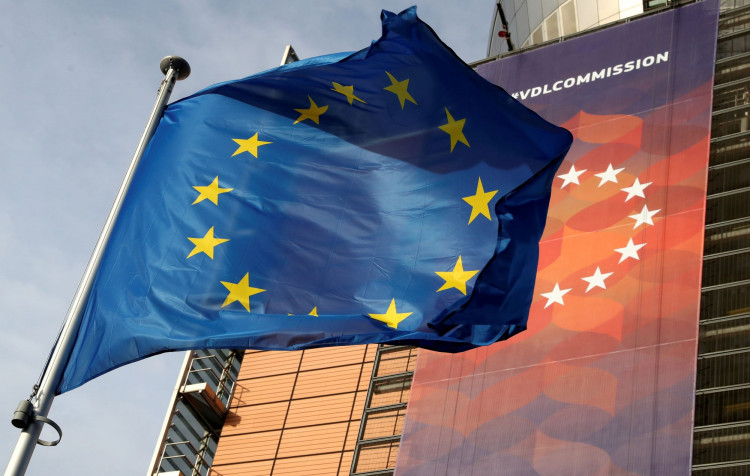Brussels is pushing for a significant tightening of sanctions against Russia, including a proposal to lower the Group of Seven-imposed price cap on Russian oil exports from $60 to $45 a barrel, as the European Union intensifies pressure on the Kremlin to halt its war in Ukraine.
European Commission President Ursula von der Leyen said Tuesday the reduction would "restore [the cap's] effectiveness" as global crude prices have fallen below the original threshold, rendering the cap largely symbolic. "We need to cut this source of revenues," she told reporters, noting that oil sales account for approximately one-third of Russia's federal budget.
The cap, first implemented in December 2022 when Brent crude was trading above $100 a barrel, was designed to restrict Moscow's ability to profit from global energy markets while maintaining supply to avoid price shocks. Brent has since dropped to about $67 per barrel.
EU foreign policy chief Kaja Kallas echoed the call, stating the bloc is "proposing to lower the oil price cap from $60 to $45, which is lower than the market price, and lowering the oil price cap will hit Russia's revenues hard."
The new measures are part of the EU's 18th sanctions package since Russia's full-scale invasion of Ukraine in February 2022. All 27 EU member states must approve the package unanimously.
Von der Leyen said she expects the G7 to adopt the revised oil cap during the leaders' summit in Canada next week, despite lingering questions about potential shifts in U.S. policy under Donald Trump. She cited her discussions with Senator Lindsey Graham, author of a bill proposing a 500% tariff on goods from countries that import Russian oil. "We are very much aligned," von der Leyen said.
In addition to the oil cap, the EU is proposing new restrictions targeting Russia's so-called "shadow fleet," a group of aging oil tankers that Moscow uses to circumvent sanctions by selling crude to countries like India above the price ceiling. The European Commission plans to blacklist 70 more of these ships, raising the total number sanctioned to more than 400. A confidential draft also reveals the EU's intent to sanction the captain of one such vessel-an Indian national-for the first time.
"When sanctioned, Russia's shadow fleet tankers cannot dock in ports and Russia has to find new vessels. This costs some more and runs down their profits," Kallas said.
The previous round of sanctions, passed in May, banned 189 shadow fleet tankers from EU ports and services like insurance. According to Kallas, Russia's oil exports through the Black Sea and Baltic Sea routes fell 30% in the week following the announcement.
The proposed sanctions package also includes cutting 22 additional Russian banks from the Swift international payment network. The bloc aims to freeze the assets of over 20 companies accused of supporting Russia's war efforts and implement a €2.5 billion export ban on goods with potential military applications.
The EU is also seeking to formally sanction companies involved in the Nord Stream 1 and 2 pipelines, both of which are currently inoperative. Nord Stream 1 was disabled by underwater explosions in 2022, and Nord Stream 2 was never activated due to the war. Von der Leyen emphasized that the move is designed to discourage investors from "going back to business as usual."
At the start of the war, von der Leyen said Russia was earning €12 billion per month from fossil fuel exports to Europe. "And now we're down to €1.8 billion," she noted.






